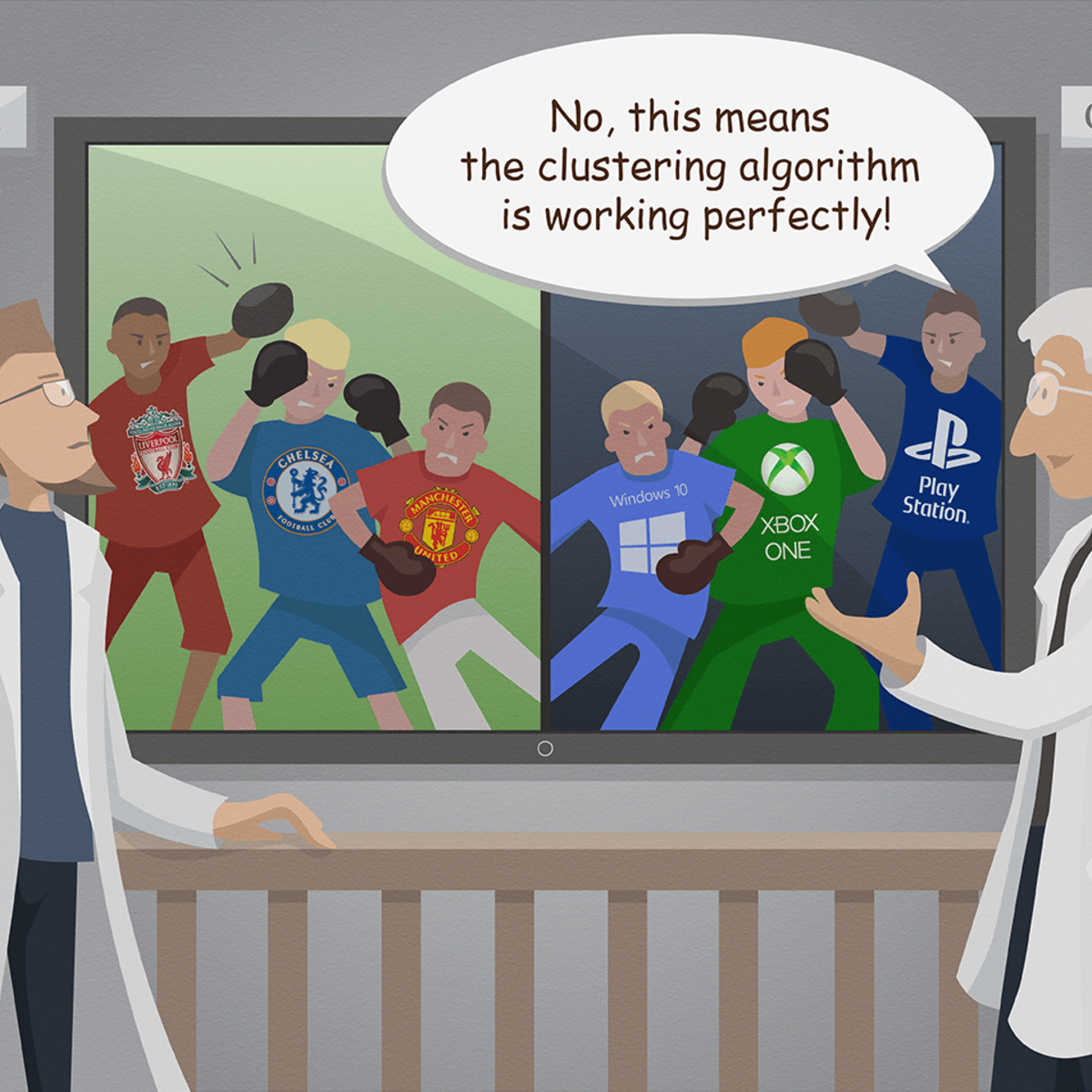Image Compression with K-Means Clustering
Overview
In this project, you will apply the k-means clustering unsupervised learning algorithm using scikit-learn and Python to build an image compression application with interactive controls. By the end of this 45-minute long project, you will be competent in pre-processing high-resolution image data for k-means clustering, conducting basic exploratory data analysis (EDA) and data visualization, applying a computationally time-efficient implementation of the k-means algorithm, Mini-Batch K-Means, to compress images, and leverage the Jupyter widgets library to build interactive GUI components to select images from a drop-down list and pick values of k using a slider. This course runs on Coursera's hands-on project platform called Rhyme. On Rhyme, you do projects in a hands-on manner in your browser. You will get instant access to pre-configured cloud desktops containing all of the software and data you need for the project. Everything is already set up directly in your internet browser so you can just focus on learning. For this project, you’ll get instant access to a cloud desktop with Python, Jupyter, and scikit-learn pre-installed. Notes: - You will be able to access the cloud desktop 5 times. However, you will be able to access instructions videos as many times as you want. - This course works best for learners who are based in the North America region. We’re currently working on providing the same experience in other regions.
